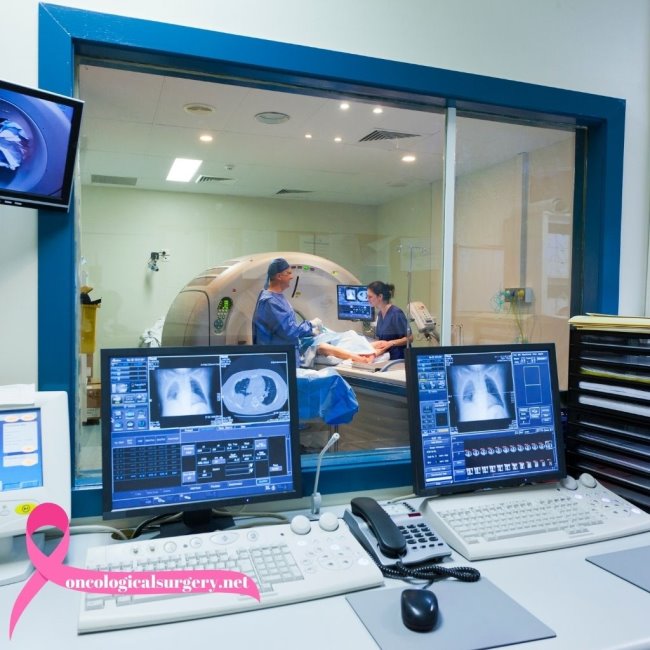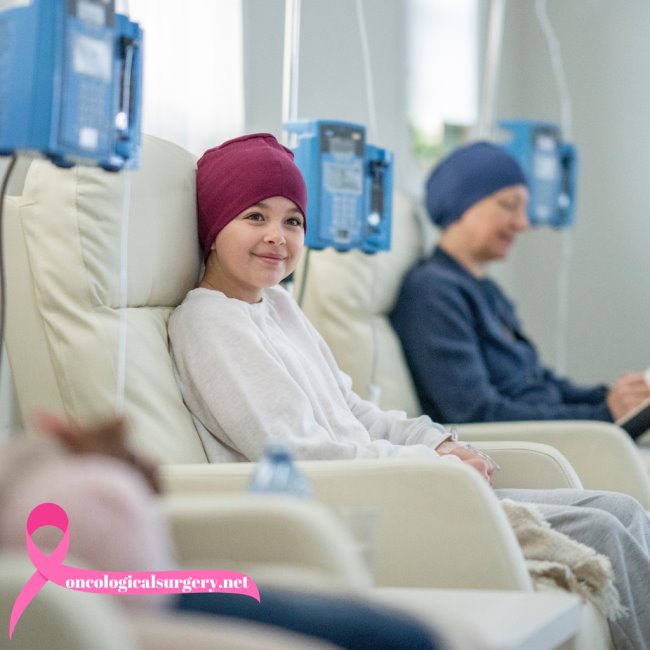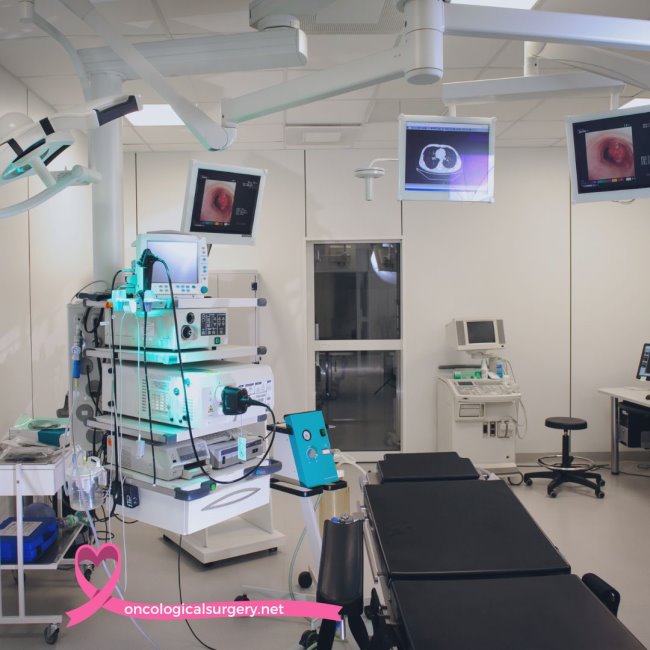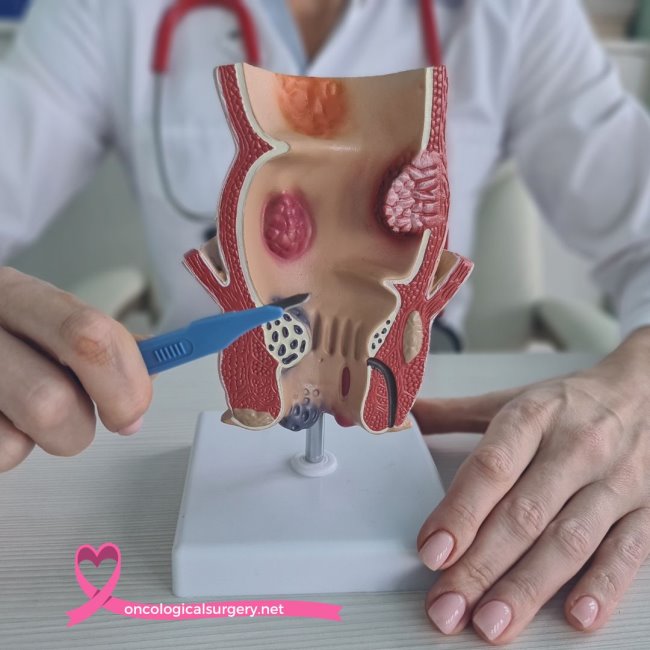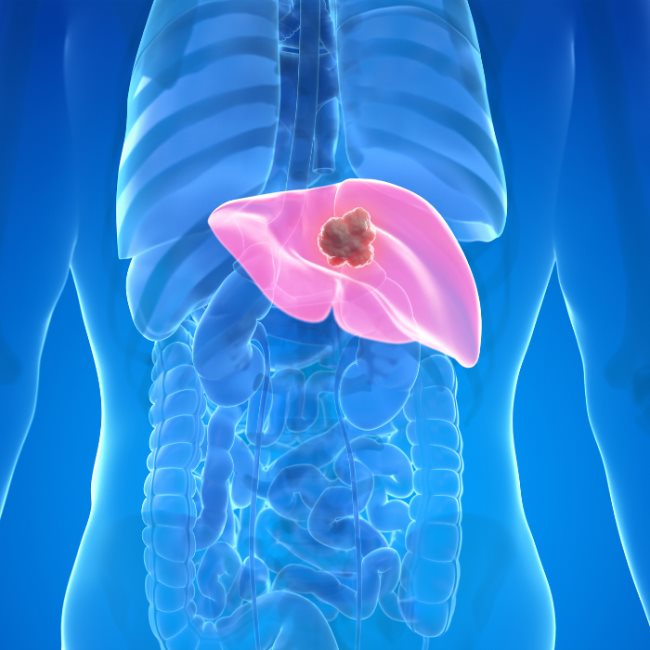
The Role of Oncology Surgery in Cancer Treatment
Various approaches underpin the management of cancer, and oncology surgery forms one of the cardinal ways of treating and eradicating many kinds of cancers. This article discusses the key importance of oncology surgery, relating to how this surgery contributes to the treatment of cancers in the colon, pancreatic region, stomach, and thyroid gland. Understanding the gravity of surgical intervention in these cases can provide useful insights into the treatment journey of a patient.
Oncology Surgery: Importance
Oncology surgery is a specialized field that primarily encompasses the surgical management of cancer. It includes resection of tumors, cancerous tissues, and sometimes lymph nodes on the premise to stop the spread of the disease. The main goal of oncology surgery is to remove as much of the cancer as possible to at least give the patient a chance for a cure or prolong their life significantly. Most often, it is combined with other therapies, such as chemotherapy and radiation therapy, which make it more effective.
It may also be a diagnostic tool; for example, surgical biopsy determines the type of cancer and the stage, hence giving information on the extent of treatment. Symptoms caused by tumors are alleviated by oncology surgery, improving quality of life. Generally, oncology surgery is part of comprehensive cancer care, offering both symptomatic and curative benefits.
Colon Cancer Treatment
Colon cancer ranks among the most common cancers in the world, and for the most part, it requires surgical intervention. The surgical procedure generally consists of the excision of the portion of the colon containing tumors and the lymph nodes surrounding it. Whether partial or total colectomy is required depends on the stage and site of the tumor. The aim is to completely remove the tumor to avoid any possibility of metastasis.
Surgery may be curative if done in the early stage of the disease, whereas chemotherapy or other modalities are used in more advanced presentations to eliminate residual cancer cells. Minimally invasive techniques, like laparoscopic surgery, have also helped people suffering from colon cancer recover faster with fewer complications. Follow-up and surveillance play an important role in detecting recurrence.
Pancreatic Cancer Treatment
Late presentation and aggressive nature account for the poor prognosis of pancreatic cancer. Consequently, surgery is the only best option and hope for long survival in such cases when the cancer remains localized and has not disseminated to distant organs. The Whipple procedure is one of the commonest surgical procedures in pancreatic cancer, involving the removal of the head of the pancreas, part of the small intestine, gallbladder, and bile duct.
Whipple's pancreatectomy is a complex surgery that requires much expertise and hence is usually carried out in specialized Pancreatic Cancer Treatment centers. Sometimes, it may be necessary to remove the entire pancreas-a total pancreatectomy. Much postoperative care and follow-up are very important since pancreatic surgery results in considerable alteration in digestion and blood sugar control. Combining surgery with chemotherapy and radiation therapy can improve outcomes and lower the risk of recurrence.
Treatment of Stomach Cancer
Surgery forms the corner stone in the treatment of stomach cancer, especially in localized disease. The extent of surgery for Stomach Cancer depends upon the site and the stage at which the tumor is diagnosed. Thus, while in partial gastrectomy, only the part of stomach containing the tumor is removed, whereas in total gastrectomy, the entire stomach is removed. Lymph nodes surrounding the site are also removed to prevent further dissemination of cancer.
Some stomach cancer patients have to undergo digestive tract reconstruction to maintain normal digestion. The remaining stomach or the esophagus is then connected to the small intestine. Nutritional support and periodic check-ups are also part of after-surgery care in monitoring complications and recurrence of cancer. For most stomach cancer patients, treatment is augmented with chemotherapy and/or radiation therapy to supplement the surgical procedure.
Thyroid Cancer Treatment
Surgery remains the first line of treatment in thyroid cancer. The surgical procedure is known as a thyroidectomy, and it involves the removal of part or all of the thyroid gland. When both lobes are affected, then a total thyroidectomy can be performed; but if the cancer affects one lobe, a lobectomy will suffice. The extent of surgery will, however, depend on the type and stage of thyroid cancer.
In addition to the thyroid gland, some lymph nodes around it may also be removed to prevent metastasis of the cancer. Thyroid hormone replacement therapy might be required after surgery to replace the function of the thyroid taken out in patients with thyroid cancer. Follow-up consultations are necessary to determine whether the disease has recurred or metastasized. Radioactive iodine therapy may be given as an adjunct to surgery in order to further minimize the risk of recurrence by targeting residual cancer cells.
Oncology surgery is a crucial modality in the management of several malignancies, thereby offering a potential for cure with significant improvement in survival rates. Surgical intervention also plays a critical role in cancer care, ranging from removing tumors to providing critical diagnostic information. Surgery may form the backbone of comprehensive treatment for patients with colon, pancreatic, stomach, and thyroid cancers, often in conjunction with other therapies to maximize outcomes.

